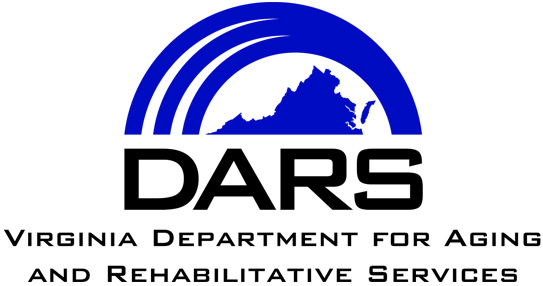Chapter 6.09 Contents:
[REVISED: 8/2/13] - To the maximum extent possible and appropriate, the Individualized Plan for Employment (IEP) shall (per 2001
Federal Regulation 34 CFR § 361.45 (f)) be developed with the data used for eligibility assessment and Order of Selection priority category assignment, information provided by the client, and (subject to confidentiality policy) existing information current as of the date of the IPE development available from the family and other programs and providers, particularly education officials and the Social Security Administration.
- A client and counselor assessment of the expected need for post employment services (PES) is required (per 2001
Federal Regulation 34 CFR § 361.46(c)) during IPE development; however, in most cases the specific PES needed will not be known yet and may be added to the IPE later.
- If additional data are necessary for the IPE, the counselor shall (per 2001
Federal Regulation 34 CFR § 361.45 (f)) conduct a comprehensive assessment of the unique strengths, resources, priorities, concerns, abilities, capabilities, interest and informed choice, including assessing the need for Supported Employment (SE) services.
- For public secondary (junior and senior high) school students with disabilities in special education programs or not, the counselor may authorize additional assessments essential to transition program planning and IPE development only when the required information is not available from existing sources. As specified in the cooperative agreements between DRS and the local education agencies, DRS counselors participate on the Individualized Education Program (IEP) team to identify: i) Any assessment data necessary for appropriate transition planning for the student, and ii) Funding sponsorship. Some examples of when it may be appropriate for DRS, rather than the school system, to authorize additional assessments to develop the IPE include, but are not limited to:
-
Additional assessment by the public secondary school system would result in an undue delay in planning and service coordination.
-
The student with a disability does not receive special education services and existing education records lack relevant documentation of:
-
Current status and abilities as related to transition; and
-
Disability impediments/functional limitations to employment.
-
The student appears to have complex disability-related transition service needs that require assessment beyond the usual scope of secondary school system services.
-
The individual exited school.
-
Information is out of date, such as older than three (3) years from the VR application date.
[REVISED: 11/22/16] The Individualized Plan for Employment (IEP) comprehensive needs assessment may (per Public Law 114-18): - An analysis of personality; career interests; interpersonal skills; intelligence and related functional capacities; educational achievements; work history; vocational aptitudes; personal and social adjustments; employment opportunities; and medical, psychiatric, psychological, neuropsychological, and other pertinent vocational, educational, cultural, social, recreational, and environmental factors and related functional limitations that affect the employment and rehabilitation needs of the individual. This may include Vocational Evaluation (see
Chapter 6.08, VOCATIONAL EVAL, Policy 1).
- An appraisal of patterns of work behavior and services necessary to acquire occupational skills and to develop positive work attitudes, work habits, work tolerance, and social and behavior patterns necessary for successful job performance, including work in real job situations to assess and develop abilities, capabilities, and capacity to perform adequately in a work environment. This may include Situational Assessment (see
Chapter 6.03, SITUATIONAL ASSESSMENT, Policy 1).
- Rehabilitation Technology Assessment, see
Chapter 6.07, REHABILITATION TECH ASSESSMENT, Policy 1.
- Home Modification Assessment, see
Chapter 6.06, HOME MOD ASSESSMENT, Policy 1.
- Driver Evaluation, see Chapter 6.04, DRIVER EVAL, Policy 1.
-
Vehicle Modification Assessment (see
Chapter 6.05, VEHICLE MOD ASSESSMENT, Policy 1).
- Personal Assistance Services (PAS) Assessment (per 2001
Federal Regulation 34 CFR § 361.46 (a)). See
Chapter 6.02, PAS ASSESSMENT, Policy 1.
Links to the Code of Federal Regulations (CFR) are currently unavailable while we await federal changes to the vocational rehabilitation program. Upon promulgation of the final regulations the links will be updated and activated. |

